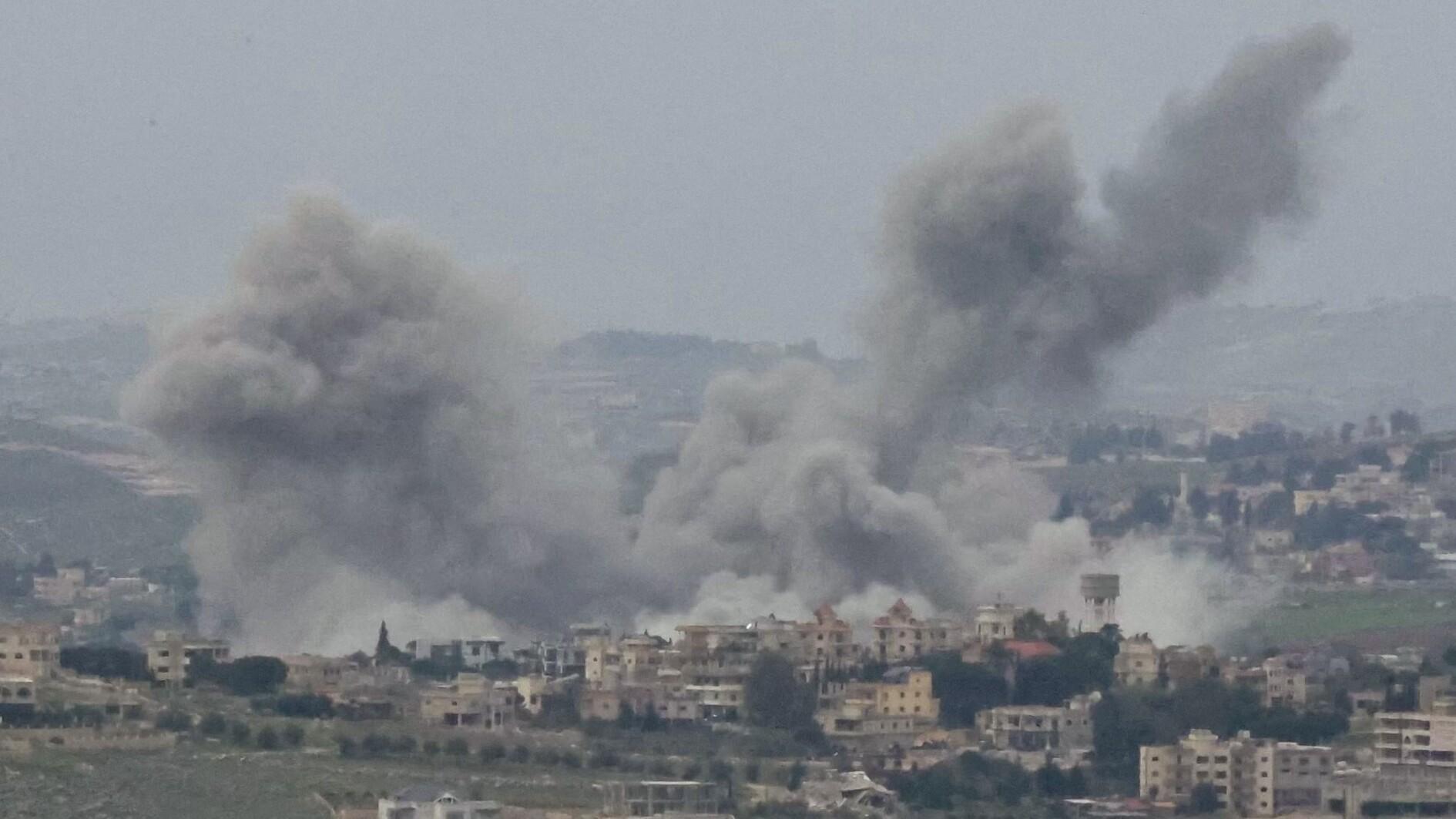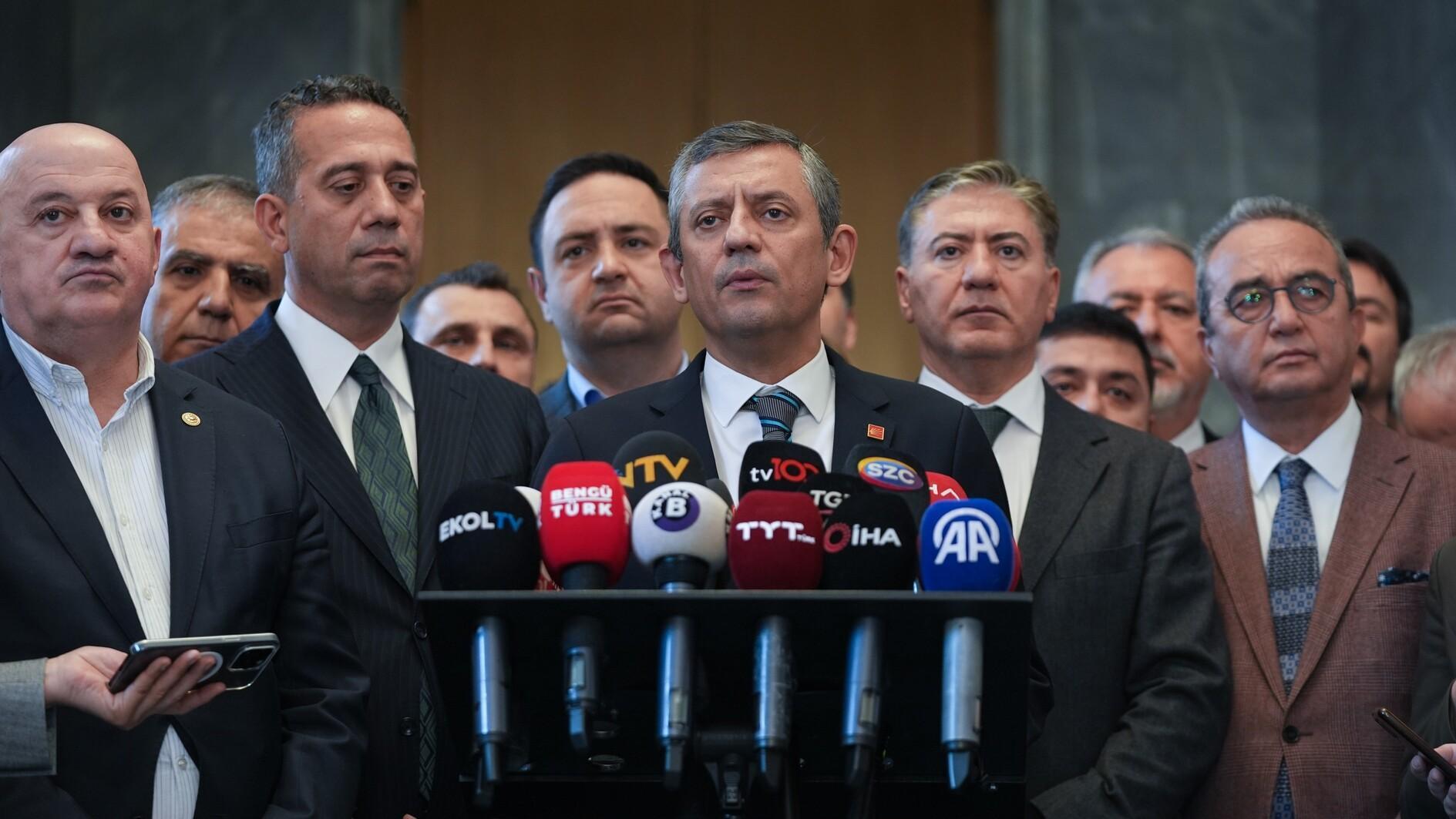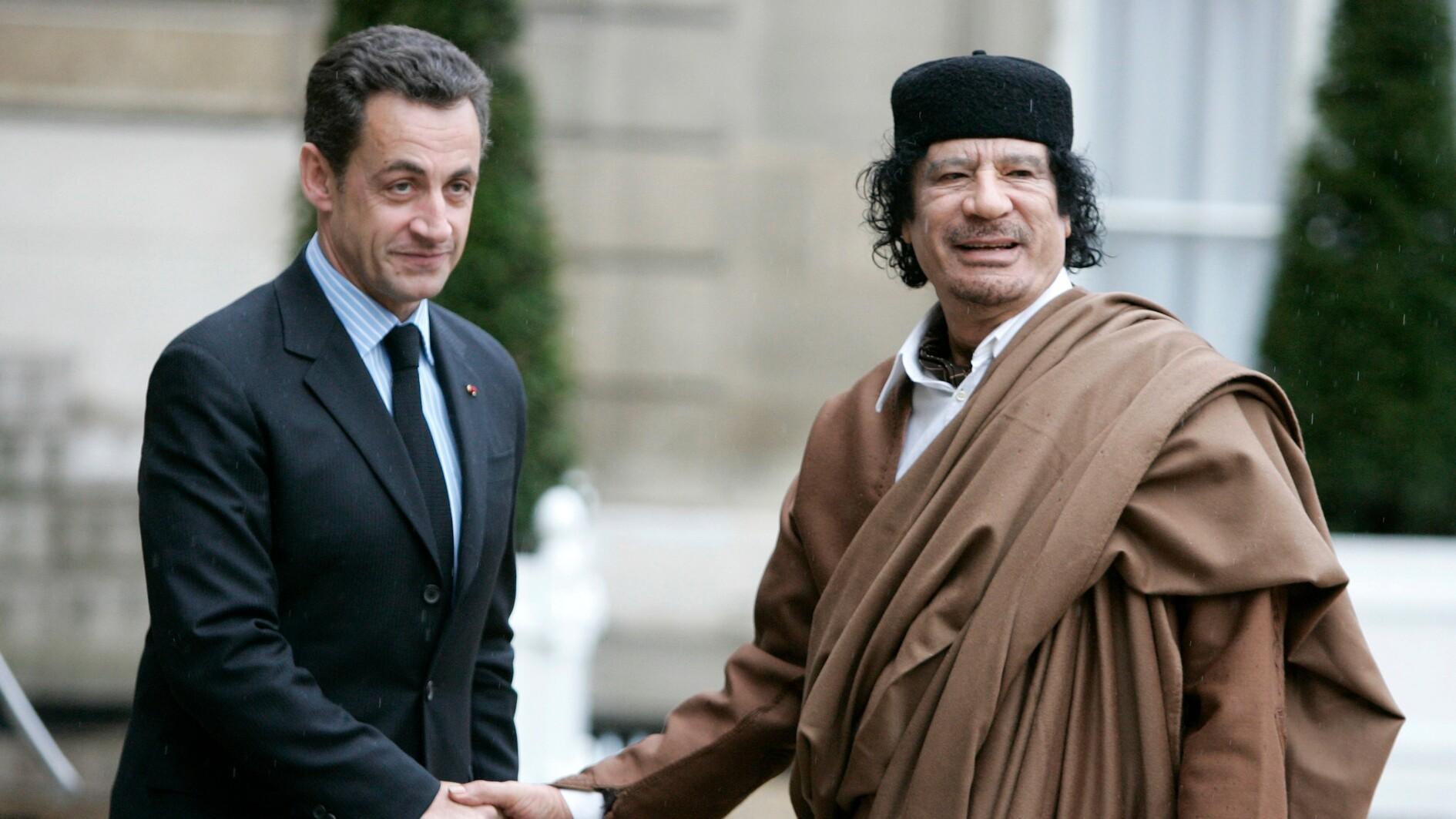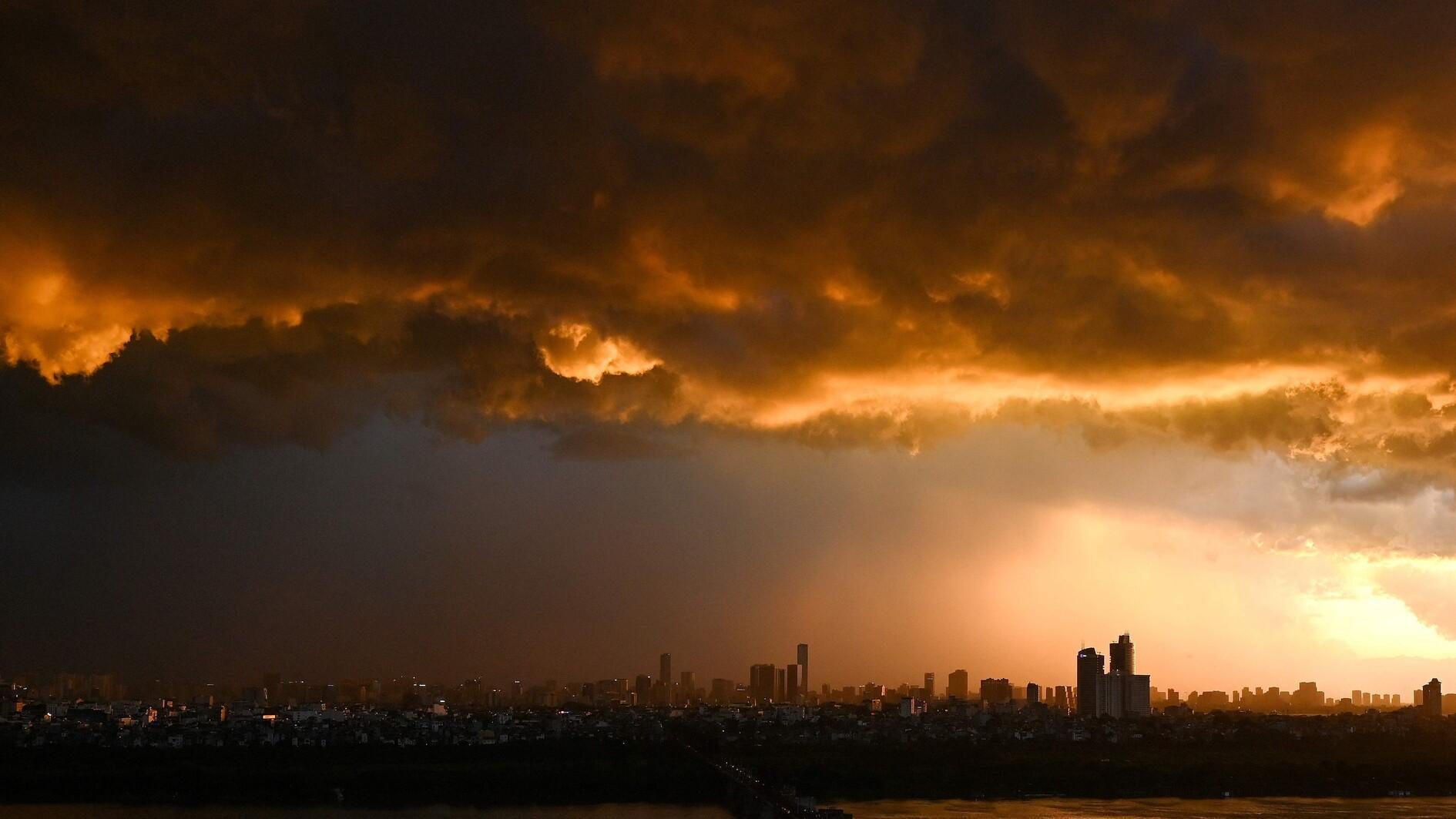Western alliance worried about Russian return to Middle East: Former ambassador Pamir
Barçın Yinanç - barcin.yinanc@hdn.com.tr
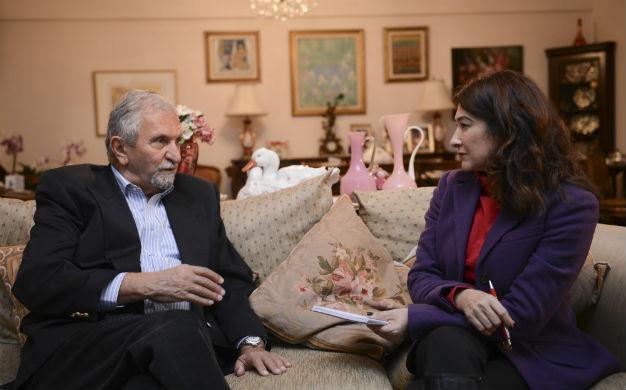 After Western laxity towards Russia’s assertive policies failed to pay off and Russia became more involved in Syria, NATO is now increasingly worried about Moscow setting the tune in the Middle East, according to a former Turkish envoy to NATO.
After Western laxity towards Russia’s assertive policies failed to pay off and Russia became more involved in Syria, NATO is now increasingly worried about Moscow setting the tune in the Middle East, according to a former Turkish envoy to NATO. This is one of the key reasons why NATO delivered when Turkey asked for support after its recent downing of a Russian jet on the Turkey-Syria border, despite continued questions about Ankara’s Western orientation, Ümit Pamir told the Hürriyet Daily News.
What was the state of relations between Turkey and NATO until recently?
NATO initially had 16 members, then this number grew up to 28. We always thought we had a 1/16 or 1/28 stake in NATO. There were divergences of views on some issues because of our historical background and geopolitical position, but we were a very respected member whose views were taken into account. But starting from 2006 or 2007 we tried to have a more independent line, especially on regional issues. While it is true that we always had a different vision towards our region, this deviation became more acute, visible and worrying for other NATO members. They felt like we were acting as a member of the organization but had different regional objectives.
We are still a very important player in our region so we must be consulted on what goes on, but that sense of confidence should not be over-exaggerated. NATO is not just a military alliance - it is a political military alliance. After the collapse of the Soviet Union, NATO became more an international organization. It is not everywhere, but what happens everywhere interests NATO; its interests are global.
Would you say that currently there is a shift in Turkey’s view of NATO?
On the one hand some of our allies feel that Turkey is a bit estranged from the Atlantic community; on the other hand they ask why Turkey pretends to have an independent line but knocks at their door when things get complicated. They say “when you see a threat you come to us but whenever the worries are dispelled you challenge us and go to some extreme positions.” This is incompatible in their minds with membership of a Western institution.
As an objective reader, I see that on a daily basis. We used to shout loudly at NATO members, but now that the situation is becoming more complicated with the rise of ISIL [the Islamic State of Iraq and the Levant], as well as the tension with Russia, we give the impression that we have a greater sympathy for NATO than we had in the past. This is not good because it raises questions of credibility in the eyes of our allies.
Do you think NATO has delivered when Turkey knocked on its door?
Some important members may still have question marks in their minds as to our future orientation, but because of the obligations that arise from membership they stand by us. For them it is also a matter of credibility - if they failed to assist Turkey in difficult days, it might create a precedent that could worry other members.
NATO is a military alliance that has stood the test of time and is an alliance of global reach. In that sense, for the foreseeable future - especially when you see Russia again starting to act with imperial instincts - the value of the alliance is going to be more appreciated by all members, including Turkey.
How did NATO fail to see Russia’s increasing assertiveness?
The notion of a great Russia is always in the Russian mind. Russians are very patriotic, sometimes bordering chauvinism. After the collapse of the Soviet Union, the West did not embrace Russia. It said “let them muddle through.” Russia felt there was a deliberate wish in the West to enfeeble Russia.
An alienated Russia, with national pride coming from an imperial past, felt the need to make a comeback. The reason why [Russian President Vladimir] Putin is so popular is because he injected this sense of superiority into the nation.
That Russian confidence, which borders on over-confidence, was not perceived correctly by the West. Some members of NATO, like Italy and Germany, preferred to flirt with Russia due to trade and energy relations. Others felt that challenging Russia was irrelevant. The Americans, for example, were involved in Afghanistan and Iraq. This situation left Russia greater leeway. Worried by the extension of NATO to former members of Warsaw Pact, Russia felt the need to act when Ukraine started flirting with the EU and NATO. After that act by Moscow there was not much reaction from the West: On the one hand there has been an assertive Russia, while on the other hand there has been a reticent NATO. That is how we have reached the current situation.
Now in the U.S. and Europe - especially in Germany and the U.K. – there is a conviction about the need to stand up to Russia. The recent downing of the Russian jet by Turkey was seen from that angle; some thought “at last one country has stood up to the irrational Russian advances on the borders of NATO.”
But why have they remained so inactive so far and only now decided to take action?
The Western laxity has not paid off. Russia has only become more involved in Syria. The Russians have air and sea bases and special forces in Syria. This gives them a great instrument in reshaping the region, which has started to cause great worries in the U.S., the U.K. and the West in general. Now they realize that because they have been inactive for so long, the new map will be mostly designed by Russia.
For the Russians, the Crimea was part of the Soviet Union for centuries. Ukraine is also very close to Russia and deep in their hearts they believe they have an interest in the destiny of Ukraine.
The Middle East is considered by the West to be an area from which Russia has been absent since the 1970s, but now Russians are coming back. For the West, which considers itself a big friend of the region, there is now another player calling the tune. There is now a different game. That’s why we can see the current sudden flurry of France and Germany in the region.
We can see a military build-up going on to Turkey’s south. Are we going back to the Cold War era?
The Cold War never ended. We saw the collapse of the Soviet Union and we hoped that the Russians would become part of our system. But they did not. The difference persists. The fact that Putin keeps talking about being ready to push the button on nuclear weapons when it comes to the crunch is very worrisome. Whether that language is just for populism, or whether it signals real intentions, is difficult to see. But it could herald the start of World War III. If he means what he says, then there might be a time when this escalation leads to skirmishes, then to a wider confrontation, then to war.
So you think there could be a World War III?
The end of the Soviet Union gave the impression to everybody that the Cold War was over and the world would be united, espousing the same values and the same vision. However, on the contrary the difference has become wider and wider. When there are such discrepancies between one vision of the world and another then nobody can say there won’t be a confrontation. I don’t discard the possibility of World War III, but it depends on the attitude of Putin and whether he continues in the same way challenging and defying everyone, everywhere.
Also let’s not forget that there is increasing demand in the world for energy and raw materials. So when you look at it, you see the continued importance of the Middle East. The region is still important for the U.S. One reason is Israel, but another reason is access to energy sources. The U.S. may not need these resources so much because of fracking, but it is still important for the Americans to see whether it is their friends or others who have access to the region’s energy resources.
Who is Ümit Pamir?

Ümit Pamir’s diplomatic career started in 1965 when he entered the Foreign Ministry after graduating from university.
He was appointed to the Turkish delegation to NATO three times; first in 1978, second in 1985, and as ambassador in 2004.
From 1991 to 1995 he served as Turkey’s Ambassador to Algeria and from 1995 to 1997 as Turkey’s Ambassador to Greece. Between 1997 and 2000 he worked as the Senior Diplomatic Advisor to the Prime Minister, after which he was appointed as Permanent Representative to the United Nations in New York.
After retiring in 2007, Pamir became a board member of UNİT investment. In 2008 he became a member of the Independent Panel on the Safety and Security of the U.N. Personnel and Premises set up by the U.N. Secretary General.
In 2009 he was among the Special Group of Experts selected by the NATO Secretary General for drafting NATO’s New Strategic Concept.
Pamir is currently a member of the advisory boards of several think tanks including GPOT, TASAM and Bilgesam.


